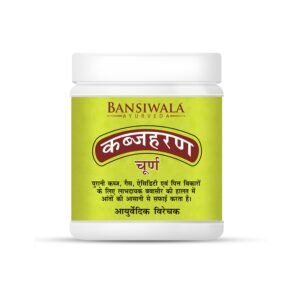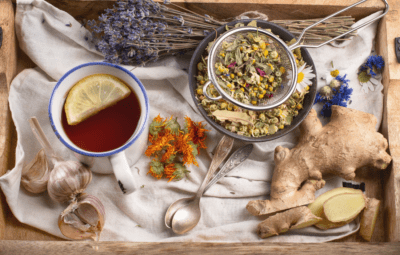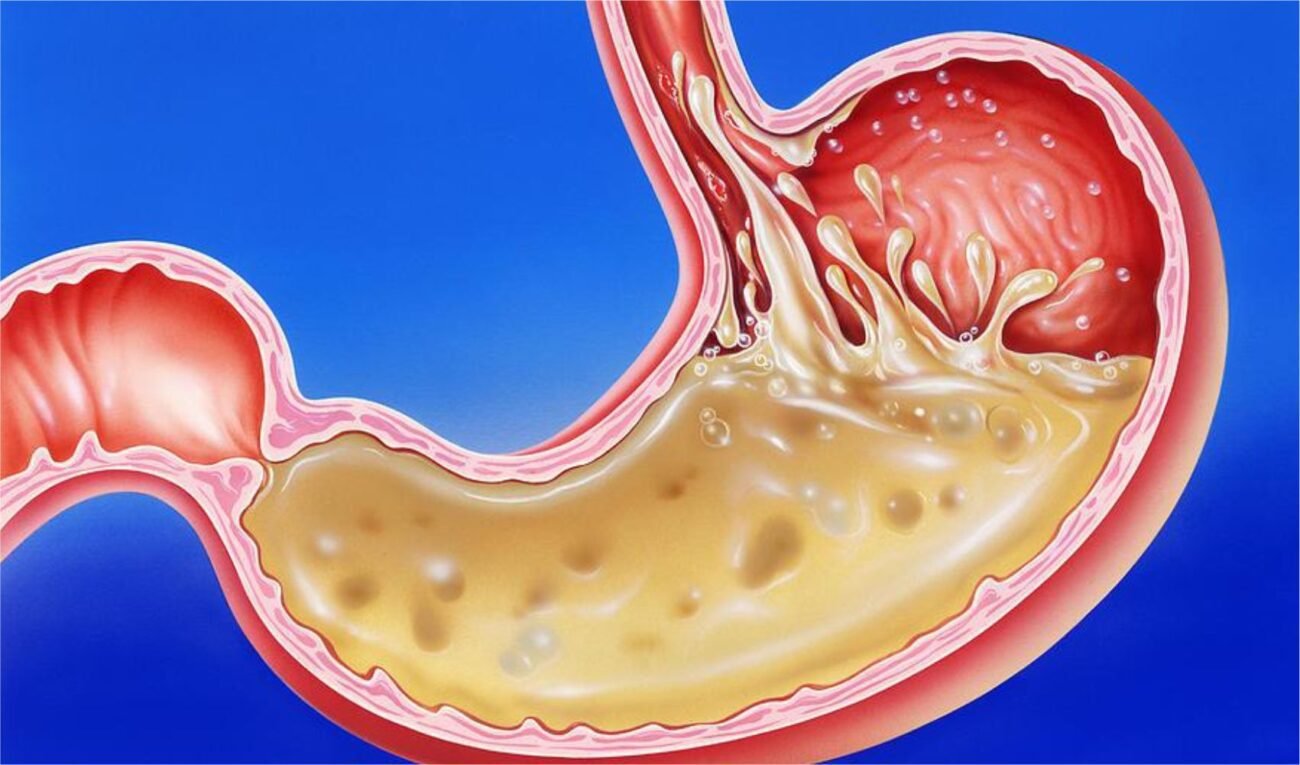Indian Home Remedies for Constipation – Constipation Solutions

Constipation is a common digestive issue affecting many individuals in India. Indian Home Remedies for Constipation have been cherished for generations, offering effective solutions rooted in traditional wisdom. In a country where natural remedies are deeply ingrained in the culture, tackling constipation through time-tested methods is not just a health choice but a way of life. This article delves into the diverse array of remedies that form an integral part of Indian households, providing not just relief but a holistic approach to digestive health.
Recognizing Constipation
Causes and Symptoms
Constipation can result from various factors, including inadequate fiber intake, lack of hydration, and sedentary lifestyles. Recognizing symptoms such as bloating and abdominal discomfort is crucial in addressing the issue promptly.
Impact on Overall Health
Beyond discomfort, chronic constipation can contribute to other health problems, including hemorrhoids and anal fissures. Understanding the broader implications underscores the significance of finding effective solutions.
Check This – How to Increase Memory Power by Yoga?
Indian Home Remedies
Triphala Churna
Triphala, a traditional Ayurvedic remedy, combines three fruits to create a powerful laxative. Consuming Triphala Churna regularly can promote regular bowel movements and alleviate constipation.
Bansiwala Kabaj Haran Churan
Bansiwala Kabaj Haran Churna is a blessing from the ancient Indian medicinal practice that harmonizes the digestive system in the body and relieves you of constipation and indigestion, thus correcting the imbalance of disturbed stomach issues in a natural way.

Ajwain Water
Carom seeds, or ajwain, are rich in thymol, which aids digestion. Boiling ajwain seeds to make tea or incorporating them into your diet can help prevent and relieve constipation.
Aloe Vera Juice
Aloe vera is renowned for its soothing properties. Consuming aloe vera juice can promote bowel regularity and ease the discomfort associated with constipation.
Dietary Changes
Increased Fiber Intake
A diet rich in fiber is essential for preventing and managing constipation. Including fruits, vegetables, and whole grains provides the necessary bulk to facilitate smooth bowel movements.
Hydration Importance
Adequate water intake is crucial for maintaining bowel regularity. Dehydration can contribute to constipation, making it essential to stay hydrated throughout the day.
Probiotics in the Diet
Probiotics, found in fermented foods like yogurt, can promote a healthy gut microbiome, aiding digestion and preventing constipation.
Lifestyle Modifications
Regular Exercise
Physical activity stimulates bowel movements by promoting the contraction of intestinal muscles. Regular exercise, even a brisk walk, can contribute to digestive health.
Stress Management
Stress can exacerbate digestive issues, including constipation. Incorporating stress-relief techniques such as meditation or deep breathing can positively impact bowel function.

Establishing a Routine
Creating a consistent daily routine, including dedicated time for meals and bathroom breaks, can signal to your body when it’s time for a bowel movement.
Herbal Teas for Relief
Peppermint Tea
Peppermint has natural antispasmodic properties that can relax muscles in the digestive tract, easing constipation.
Ginger Tea
Ginger is known for its digestive benefits. Drinking ginger tea can stimulate digestion and alleviate constipation.
Chamomile Tea
Chamomile has gentle laxative effects, making it a soothing option for those experiencing constipation.
Yoga Poses for Constipation
Pawanmuktasana
Also known as the wind-relieving pose, Pawanmuktasana can help release trapped gas and alleviate constipation.
Malasana
The squatting position in Malasana encourages bowel movements, promoting regularity.
Paschimottanasana
This forward-bending yoga pose can stimulate abdominal organs, aiding digestion and relieving constipation.
Avoidance of Constipation Triggers
Excessive Dairy Consumption
For some individuals, dairy products can contribute to constipation. Moderation or alternative options may be necessary.
Sedentary Lifestyle
Lack of physical activity can slow down the digestive process. Incorporating movement into daily routines is crucial for preventing constipation.
Ignoring the Urge
Ignoring the natural urge to have a bowel movement can lead to constipation. Responding promptly supports healthy digestion.
Traditional Practices
Ayurveda Approaches
Ayurveda offers personalized solutions based on an individual’s dosha (body type), addressing the root cause of constipation.

Unani Medicine
Unani medicine emphasizes a holistic approach, incorporating dietary and lifestyle changes for digestive health.
Siddha Remedies
Siddha medicine uses herbs and minerals to balance the body’s systems, providing effective remedies for constipation.
Over-the-Counter Options
Natural Laxatives
Certain herbs, such as senna and rhubarb, act as natural laxatives, promoting bowel movements.
Herbal Supplements
Supplements containing ingredients like psyllium husk can provide an additional source of fiber to alleviate constipation.
Preventive Measures
Importance of Regular Checkups
Regular health checkups can identify underlying issues contributing to constipation, allowing for timely intervention.
Long-Term Lifestyle Changes
Incorporating the discussed remedies into a long-term, holistic approach ensures ongoing digestive health.
Common Myths about Constipation
Myth: Constipation Only Affects the Elderly
Constipation can affect individuals of all ages, and awareness of preventive measures is crucial for everyone.
Myth: Medication Is the Only Solution
Natural remedies, dietary changes, and lifestyle adjustments are effective in managing and preventing constipation without relying solely on medication.
Real-Life Success Stories
Personal Experiences with Home Remedies
Individuals share how incorporating home remedies positively impacted their digestive health and overall well-being.
Positive Impact on Daily Life
Improved digestion from these remedies can lead to increased energy and a more comfortable daily experience.

Professional Advice
When to Seek Medical Attention
Persistent constipation or sudden changes in bowel habits warrant consultation with a healthcare professional.
Consulting a Nutritionist
Nutritionists can provide personalized advice on dietary changes to manage and prevent constipation.
Conclusion
Incorporating Indian home remedies for constipation into your routine can lead to lasting relief and improved digestive health. By addressing the root causes through dietary changes, lifestyle modifications, and traditional practices, individuals can enjoy a more comfortable and fulfilling life.
FAQs
Can constipation be a sign of a more serious health issue?
Constipation can sometimes indicate underlying health issues. It’s advisable to consult a healthcare professional for a thorough evaluation.
How quickly can I expect relief from these home remedies?
The effectiveness of remedies varies, but consistent application and lifestyle changes can lead to gradual relief.
Are there any side effects to using herbal remedies for constipation?
While herbal remedies are generally safe, it’s essential to use them in moderation. Consulting a healthcare professional is advisable, especially for individuals with pre-existing conditions.
Can children benefit from these remedies?
Children may benefit from dietary and lifestyle changes, but it’s crucial to consult a pediatrician for tailored advice.
Is it necessary to continue these remedies even after finding relief?
Adopting a holistic approach to digestive health ensures long-term benefits. It’s advisable to maintain a balanced diet and lifestyle.









